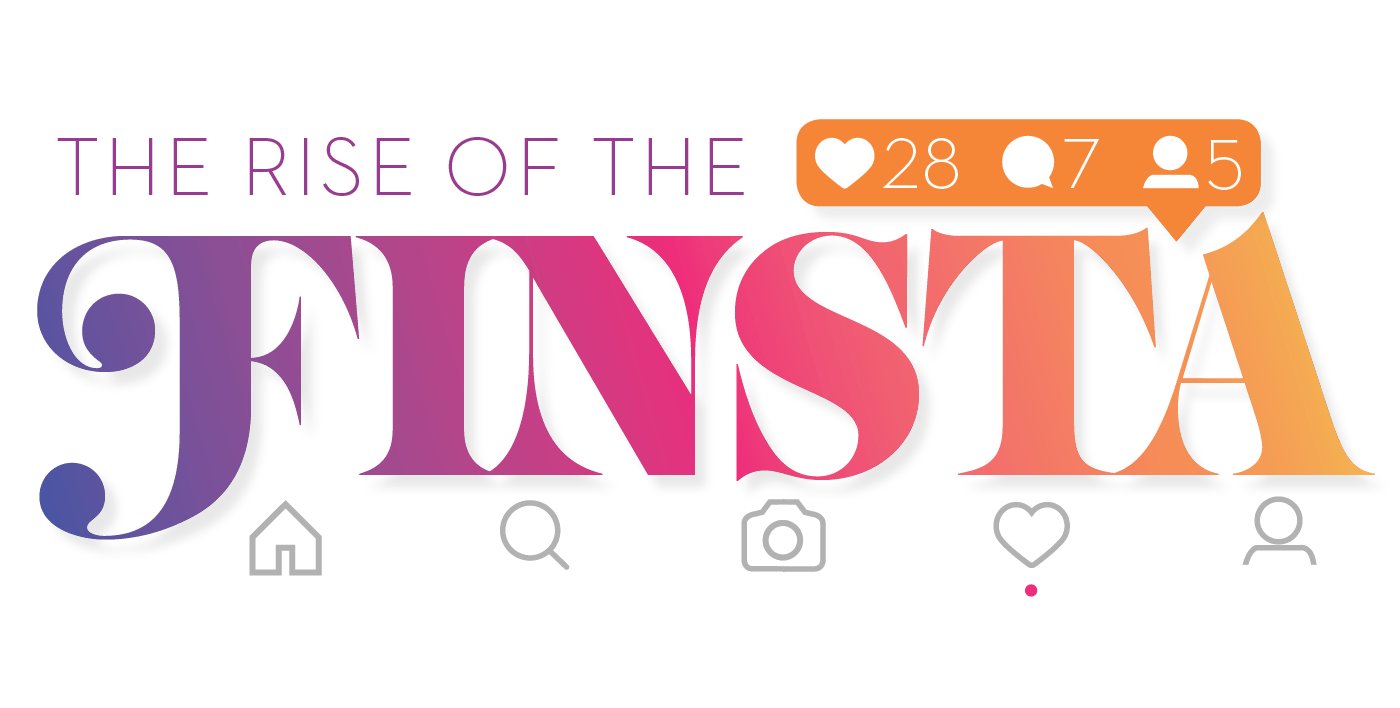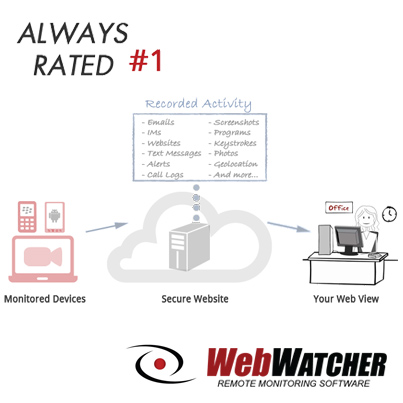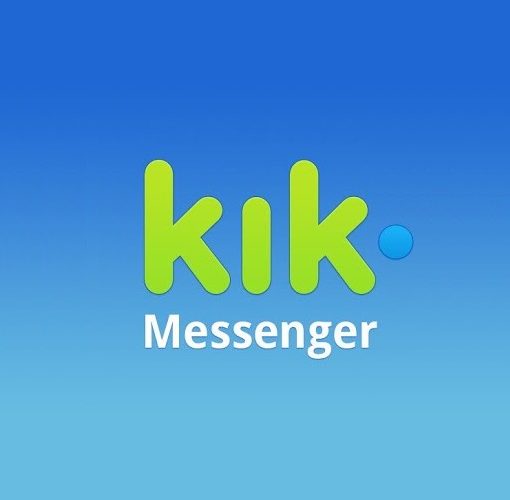As a parent, keeping up with your teen’s social media can be exhausting. Just when you get the hang of one new popular app, it’s replaced with another one that you now have to learn about and monitor. So when you hear buzz about Finsta, you might be wondering what new thing the app store has in store for you this time. But Finsta isn’t a new app, it’s one that you probably already know – Instagram. “Finsta” is a mashup of the word “fake” and the prefix “insta”. It’s an Instagram account with a fake or alternative name that your child uses to post things that they wouldn’t post on their real Instagram (which is sometimes referred to as “Rinsta”.) But why might your teen think they need a fake Instagram account?
What’s Behind the Finsta?

Teens create Finsta accounts to post things that they don’t want associated with their real name and public profile. Sometimes that means silly or personal posts that they want to share with close friends, but not with their wider social circle. Sometimes it means things that they don’t want teachers or college recruiters to see. And sometimes it means posts that they don’t mind sharing with their friends but want to hide from their parents.
Often, these profiles are set to private, which means that the posts can only be seen by select users that your child approves. Because they may be using a fake name, parents may not easily be able to find them with a simple search. Often, the goal is to create usernames that will be easily recognizable to friends, but different enough that parents and teachers won’t recognize them.
What Are the Dangers of a Finsta?

An obvious problem with your child having a Finsta is that they may be using it to hide behavior that they don’t want you to see. Sexually explicit photos, underage drinking, drug use, and bullying behavior are some of the things that teens may want to hide behind an anonymous username.
Even in cases where your teen simply wants an outlet for personal or creative posts that they aren’t comfortable sharing with the wider world, Finstas have their problems. Teens can overestimate how private these accounts really are. There’s no way to stop someone from taking a screenshot of a private Instagram post and sharing it publicly, for example.
What Should Parents Do?
If your child wants to maintain a Finsta account for the sake of keeping some things private, that doesn’t have to be a bad thing, but you should know about it and be able to monitor it, just like you would any other social media account that they have.
It’s also important to keep talking to your child about appropriate online behavior. Because there’s no guarantee that posts on even a private account won’t be shared publicly, your child should never share nude or sexually suggestive photos of themselves, or pictures of themselves engaging in illegal or offensive behavior. You never know what’s going to go viral.
Parental monitoring software can help you keep an eye on your teen’s online behavior and let you know if they’re making anonymous accounts separate from the ones that you know about. To find out how parental monitoring software can work for your family, get our free trial.





